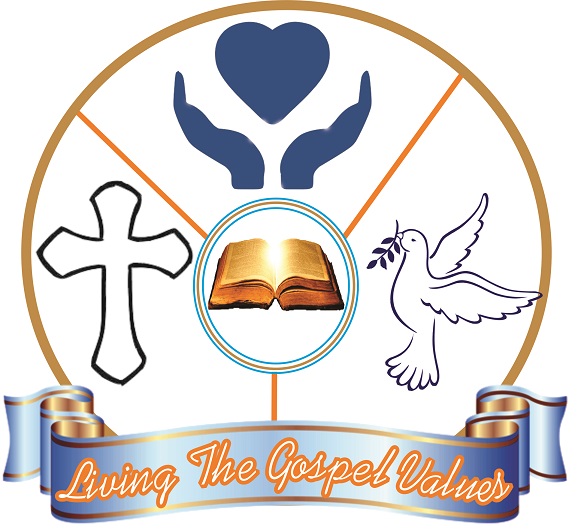Reflection on Today's Readings, Saturday, Christmas Octave, the Feast of St. Stephen, December 26th, 2020
Texts: Acts 6:8-10;7:54-59; Ps. 31:3-4.6.8.16.18; Matt. 10:17-22
Yesterday we celebrated the birth of Jesus Christ and for the period of eight days, called Christmas Octave, we are to celebrate the festival. During the Octave we are to be in festive mood, celebrating the joy of birth. Today's feast, which occurs immediately after Christmas and celebrates the martyrdom of St. Stephen, makes a dramatic shift of focus from the joy of birth to the joy of death in Christ Jesus, the new born baby. It also causes a change in mood, from joy of birth to mourning over loss of life. When Jesus Christ was born there was joy all around, joy filled the heart of Joseph, Mary, the shepherds and many other witnesses that are not mentioned, but with the martyrdom of St. Stephen, fear fell upon the Christians and they scattered abroad. The celebrations during the Octave make the mood of the period unstable.
Though the mood of the period may look erratic, there is connection: both events are birth, while One is birth on earth, the other is birth in heaven. Jesus Christ is given birth on earth, while St. Stephen is given birth in heaven. Jesus has come down to earth that we might go up to heaven. The mood of the period becomes stable when we look towards heaven in today's celebration. It is, then, clear that the feast of martyrdom of St. Stephen expresses the meaning of the birth of Jesus Christ; it is not a deviation from the mood of the season, but unfolds the mystery of the season in a unique way. The celebration leads us deeper into the mystery of the birth of the newborn baby.
The birth of Christ has the goal of redeeming us from dead that we might be given birth in the kingdom of heaven; in Christ we conquer death and gain eternal life. He says, "I am the resurrection and the life. The one who believes in me will live, even though they die" (John 11:25). Hence, the feast of St. Stephen shifts our focus from earthly birth to heavenly birth. We are to reflect on our heavenly birth.
The note on the feast of St. Stephen in the Daily Missal says, "The feast of Saint Stephen, known as the proto-martyr, the first witness/martyr, reminds us of the high price we pay as we place our faith in the newborn King." Jesus Christ affirms this in the gospel reading thus: "Beware of men; for they will deliver you up to councils, and flog you in their synagogues, and you will be dragged before governors and kings for my sake, to bear testimony before them and Gentiles."
St. Stephen was among the seven deacons elected as a solution to the problem of distribution of goods in the early Church (Acts 6:1-6). He is described thus: "Stephen, a man full of faith and of the Holy Spirit" (Acts 6:5). His heroic acts in defending the faith must have earned him such description. He was the first to bear witness to Jesus Christ with his life; he laid down his life for Him.
The first reading and the gospel reading emphasize the importance of the Holy Spirit in the life of Christians. In the first reading, it is said, "Stephen, full of grace and power, did great wonders and signs among the people." The Holy Spirit gave him wisdom and eloquence that his opponents could not withstand. The Holy Spirit gave him the fortitude to face the death for Jesus Christ. His heroic acts are actually the acts of the Holy Spirit in him. Jesus Christ affirms this in the gospel reading of today: "When they deliver you up, do not be anxious about how you are to speak or what you are to say; for what you are to say will be given to you in that hour; for it is not you who speak, but the Spirit of your Father speaking through you." Let us always allow the Holy Spirit to fill us so that He can act through us.
Lord our God, fill us with your Spirit that we may be authentic witnesses to your love, which we celebrate this season. Amen.
Rev. Fr. Andrew Olowomuke








0 Comments